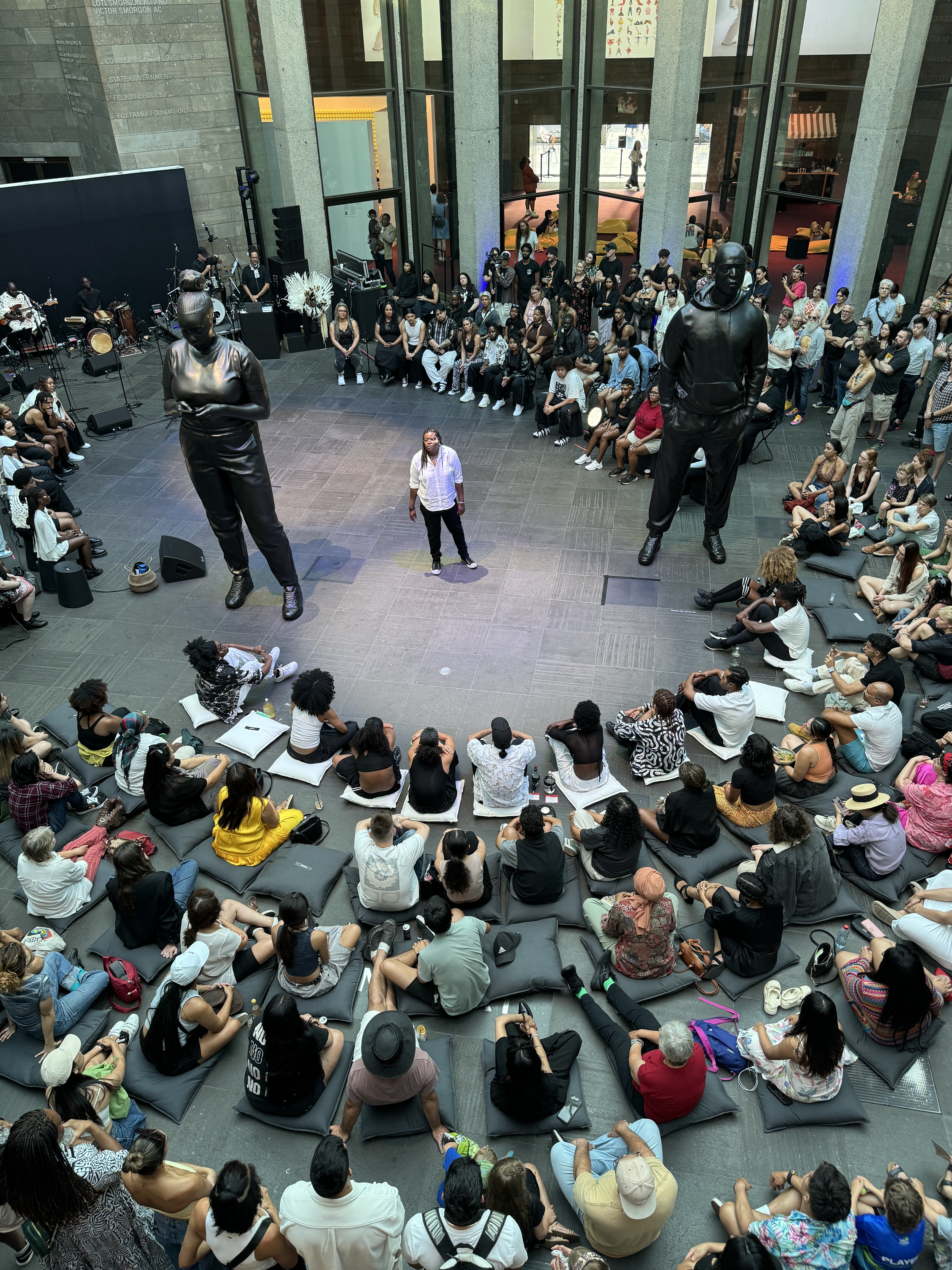Etikett: Internationell adoption
-

Afrocentric
Ebony Hickey, a Haitian Australian intercountry adoptee performed in Afrocentric at the Victorian Gallery of Victoria. We share her voice performance and photos
-
Vietnamese mother searching for her daughter
Vietnamese mother searching for her daughter adopted to either Belgium or France
-
My day of reckoning with the Lutheran Church
Lynelle shares her healing journey thru a Direct Personal Response (DPR) with the Lutheran Church who gave a face to face apology for their role in her abuse.
-
Reunification with my Colombian Family
A Colombian Australian intercountry adoptee shares their story of reunification with biological family.
-
AntiRacism Online Workshops for Transracial Adoptive Parents
ICAV och HUE tillhandahåller en onlineworkshop för adopterade och familjer för att utforska ras, rasism, hur man kan vara en allierad antirasism som några av våra kärnfrågor inom adoption.
-
Adopterad sorg och Zen Meditation
Desiree delar med sig av sin resa för att erkänna och omfamna känslor av sorg och saknad som uppstår under Zen-meditation. Vi försöker alla hitta vägar mot helande.
-
Reagerar känsligt på rädslor för att bli övergivna
Lyla shares an awesome way her adoptive parents assisted her with abandonment fears – a rational fear all adoptees have borne out of losing their first family.